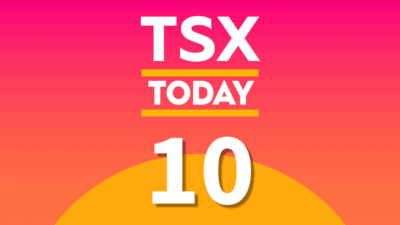Over the past five years, few Canadian stocks have been on as nice a run as Valeant Pharmaceuticals (TSX: VRX)(NYSE: VRX). Since this time in 2009, the stock has returned over 60% per year to shareholders. The company is undeniably the darling of the Canadian healthcare sector.
On Thursday morning, the company again reported strong results. Cash earnings came in at $1.72 per share, up 35% year-over-year. Revenue jumped by 77% to $1.89 billion.
Furthermore, Valeant is confident it can succeed in its $50 billion takeover attempt of Allergan (NYSE: AGN), best known for anti-wrinkle treatment Botox. Given Valeant CEO Michael Pearson’s track record of great acquisitions, this would also likely be great news for shareholders. And in this case Mr. Pearson even has the endorsement of activist investor Bill Ackman.
But before you buy Valeant’s shares, there are some things you must consider. Below are the top three reasons to steer clear of Valeant stock.
1. Uncertainty
Valeant’s business model rests on making numerous acquisitions to fill its pipeline, something that the company has done very well thus far. But this means the future is always very uncertain for the company. What happens if no suitable targets can be found? Will Mr. Pearson still feel the need to act? Analysts routinely say that Valeant is the most difficult stock to make projections for.
Valeant’s stock currently trades at just over $140 per share, which is an expensive price, considering the company made less than $7 in cash earnings per share in 2013. The market is clearly pricing in future successful acquisitions. So this makes Valeant much more speculative than most stocks on the TSX.
2. Accounting issues
Valeant’s acquisitive business model naturally leads to accounting discrepancies. For example, the company hardly needs to spend any money at all on research and development, leading to margins that appear high.
Furthermore, many of the accounting measures that Valeant presents are adjusted numbers, rather than standard accounting figures. More specifically, measures such as adjusted operating cash flow and cash earnings per share strip out certain acquisition-related costs, even though these costs are a central part of the company’s business model.
To be clear, there is nothing fraudulent about these numbers. But it does require an extra level of caution and scrutiny from investors.
3. Other alternatives
Owning shares of Valeant is akin to handing money over to Mr. Pearson, and trusting him to spend it wisely. So far he has. But there are other companies that have just as good a track record. The best example in Canada is Constellation Software, where CEO Mark Leonard has an excellent track record of buying small software companies.
I am not saying that Valeant shares will go down, or even that they’re overpriced. But they are very speculative, and buying the shares is a bet simply not worth taking when there are so many great alternatives.







